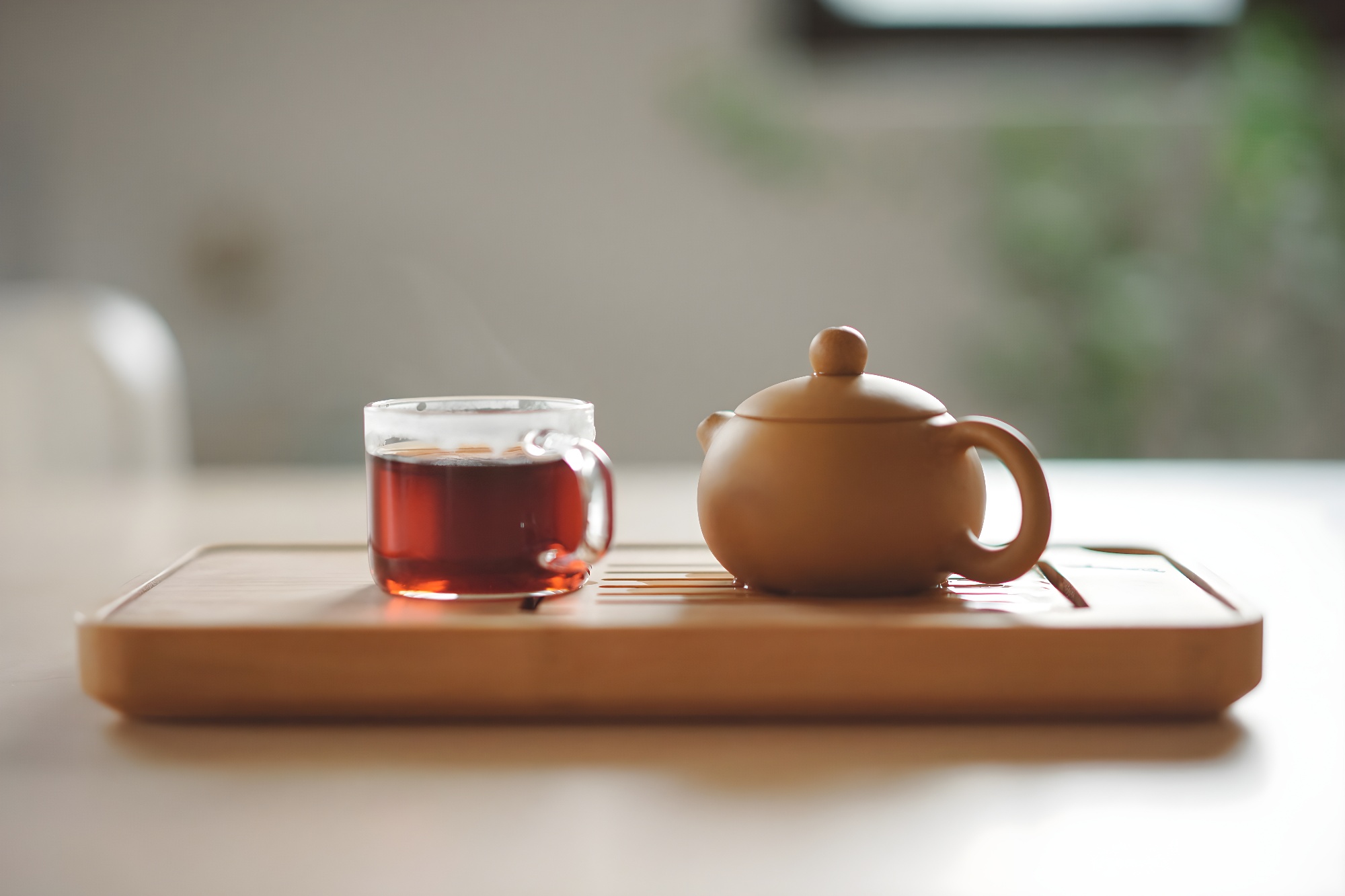Herbal remedies have long been part of traditional approaches for addressing everyday discomforts like sleeplessness, stress, and fatigue.
In earlier times, people often relied on plant-based ingredients—such as mint or chamomile—to manage a variety of complaints.
Nowadays, many still wonder if herbal tea to help sleep can remain useful alongside modern medical advances.
Recent findings suggest these comforting infusions continue to offer benefits for mind and body. A research review, commissioned by the Tea Advisory Panel and published in International Journal of Nutrition & Food Sciences, combined data from ten clinical trials involving more than 550 participants. It specifically focused on chamomile, ginger, lemon balm, rosehip, and peppermint/spearmint.
Dr Tim Bond, a natural health chemist and tea infusions expert, comments: “Herbal teas (infusions) are believed to have a beneficial impact on the body because many are rich sources of natural bioactive compounds, such as alkaloids, carotenoids, coumarins, flavonoids, polyacetylenes and terpenoids.
However, we were aware that the gold standard of evidence is human clinical trials and there are few of these around.”
He explains how the review, which focused on ten “gold standard” human trials, found multiple areas of evidence-based benefits from drinking one to three cups of these herbal teas every day.
The results showed improvements such as “improved sleep quality and glycaemic control with chamomile tea,” “less osteoarthritic stiffness after drinking spearmint tea,” “reduced oxidative stress with lemon balm tea,” and “fewer period-related cramps with rosehip tea.”
Dr Chris Etheridge, lead author and a leading medical herbalist, adds: “We know that herbal tea infusions contain important plant bioactives which can have diverse biological effects in the body.
Examples from laboratory studies include antibacterial and antioxidant effects, the ability to help lower inflammation and allergic disposition, relax blood vessels, and may help target excessive blood clotting – which is a risk factor for heart disease.
There is also emerging evidence for anti-ageing effects based on cell studies. Taken together, these studies show that the traditional reputation that herbal tea infusions have for supporting health and wellbeing is well deserved”.
Market trends indicate that herbal tea consumption remains popular, with the 18-25 age group particularly drawn to exotic blends.
Reports by Mintel note the growing presence of matcha, bubble tea, single estate loose teas, and kombucha on modern menus.
According to Dr Bond: “Fashions may change but there is always a tea infusion to complement the latest trend. At the moment, herbal tea infusions are enjoying huge popularity, thanks to their perceived wellbeing benefits.
Our study backs this up by highlighting the emerging evidence between regular herbal tea infusions consumption, health and improved sleep quality”.
These insights shed light on the continuing role of herbal tea in helping sleep and address other health needs.
Researchers highlight how naturally occurring components in these infusions can offer targeted benefits, whether one is hoping to find soothing support for rest, ease period-related discomfort, or simply explore an alternative option for daily wellness.
While science continues to evolve, findings indicate that embracing a cup or two of herbal tea could be part of a balanced approach to supporting well-being.





